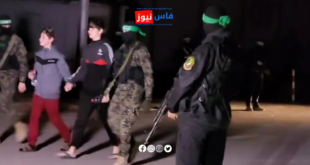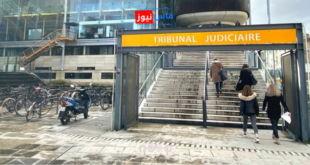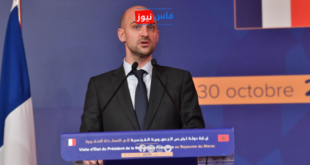The city of Magdeburg, Germany, witnessed a tragic incident on Friday when a car plowed into a crowded Christmas market, resulting in five deaths and injuring over 200 others. The casualty count has increased from the initially reported figures, with authorities now confirming five fatalities, including a child, and 41 people seriously injured.
The suspect, immediately apprehended, is a 50-year-old Saudi-born psychiatrist identified as Taleb A. He has lived in Germany since 2006 and obtained permanent residency in 2016. While the motives behind the attack remain unclear, initial investigations suggest it was an isolated act.
In an intriguing development, Saudi sources revealed that the kingdom had previously warned German authorities about the suspect’s extremist online activities. This disclosure has raised questions about the German authorities’ response to these warnings and the effectiveness of intelligence sharing between the two countries.
The suspect was known for his anti-Islamic views and support for the far-right Alternative for Germany party. He was also active in assisting Saudi asylum seekers in Germany, claiming he faced persecution in his home country due to his atheistic views.
This attack comes eight years after a similar incident in Berlin, where a truck rammed into a Christmas market in Breitscheidplatz, killing 13 people and injuring dozens. This latest incident has reignited concerns about the security of Christmas markets in Germany, which are an integral part of the country’s seasonal celebrations.
While investigations are ongoing, this incident highlights the ongoing challenges German authorities face in combating extremism and ensuring public safety in public spaces. It also raises questions about the effectiveness of international cooperation in counter-terrorism and intelligence sharing.
 فاس نيوز ميديا جريدة الكترونية جهوية تعنى بشؤون و أخبار جهة فاس مكناس – متجددة على مدار الساعة
فاس نيوز ميديا جريدة الكترونية جهوية تعنى بشؤون و أخبار جهة فاس مكناس – متجددة على مدار الساعة













